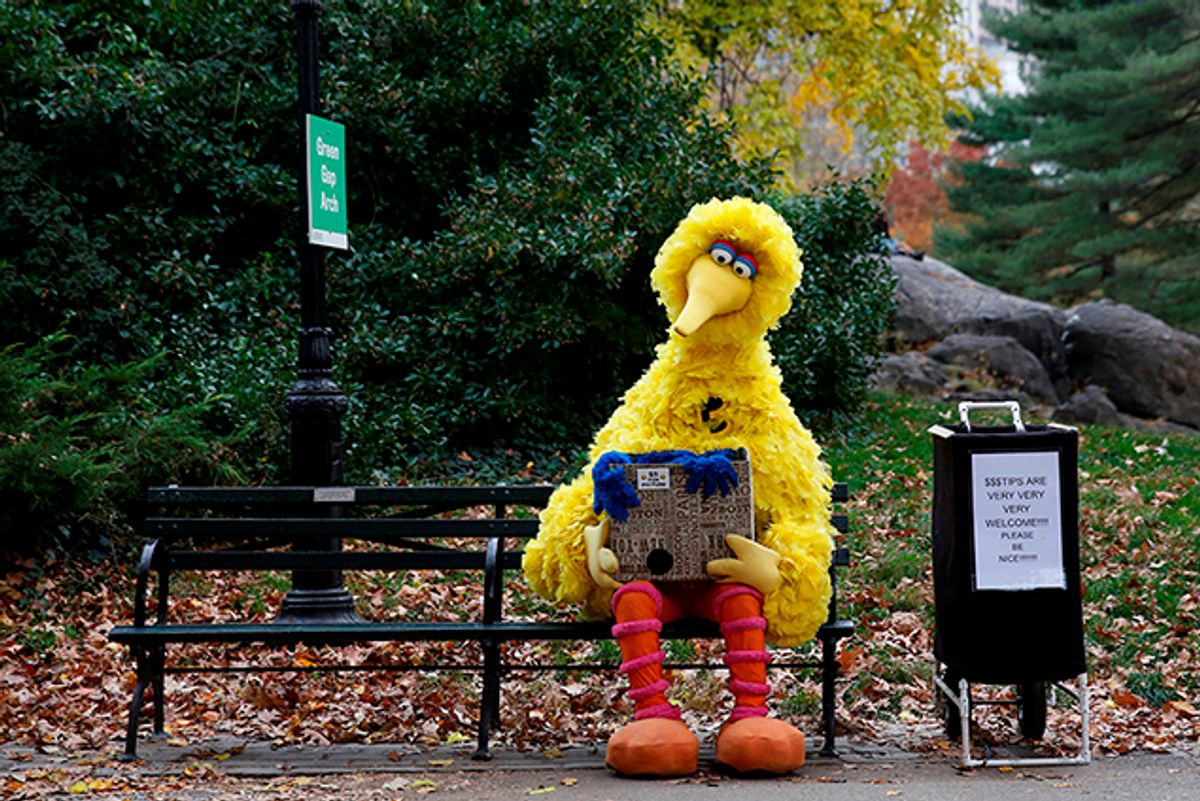Stanley McChrystal, a retired U.S. Army general, pleaded for the Trump administration to reconsider stripping federal funding for public broadcasting in New York Times op-ed on Wednesday. McChrystal wrote that public broadcasting plays a crucial role in shaping our society, making our nation "smarter, stronger and, yes, safer."
Trump's budget proposal suggests cutting all federal funding for the Corporation of Public Broadcasting, which received $455 million last year. McChrystal notes that it's a "small public investment that pays huge dividends for Americans. And it shouldn’t be pitted against spending more on improving our military. That’s a false choice." While adding that this is an "unlikely position" for a 34-year military veteran, McChrystal writes that his experiences in the Army have taught him that "education, trusted institutions and civil discourse are the lifeblood of a great nation."
Citing the Pew Research Center to further back his position, McChrystal added that there are a rising number of children who are growing up in homes either with just one parent, or where both parents work.
McChrystal wrote:
My son and daughter-in-law are a two-income family with two children, and day care is a part of their lives. Many other parents must get by without day care services. These parents are busy in the morning and busy at night. They want to protect their children from over-commercialized content. And they strive to prepare their children for school and lifelong learning. Having thoughtful television, games and other media that is not commercially driven is essential to good parenting.
McChrystal says he sees public media as a "lever" that encourages people by "elevating them and their sights," and brings people together through engaging in "thinking and understanding." Trump has proposed scrapping the CPB entirely, which McChrystal notes only costs each citizen roughly $1.35 a year. Adding that Americans' trust toward many of the nations institutions are "at its lowest levels in generations. McChrystal said he's seen articles ranking PBS and its member stations first among nationally known institutions.
"Why then," he asked, "would we degrade or destroy an institution that binds us together?"



Shares